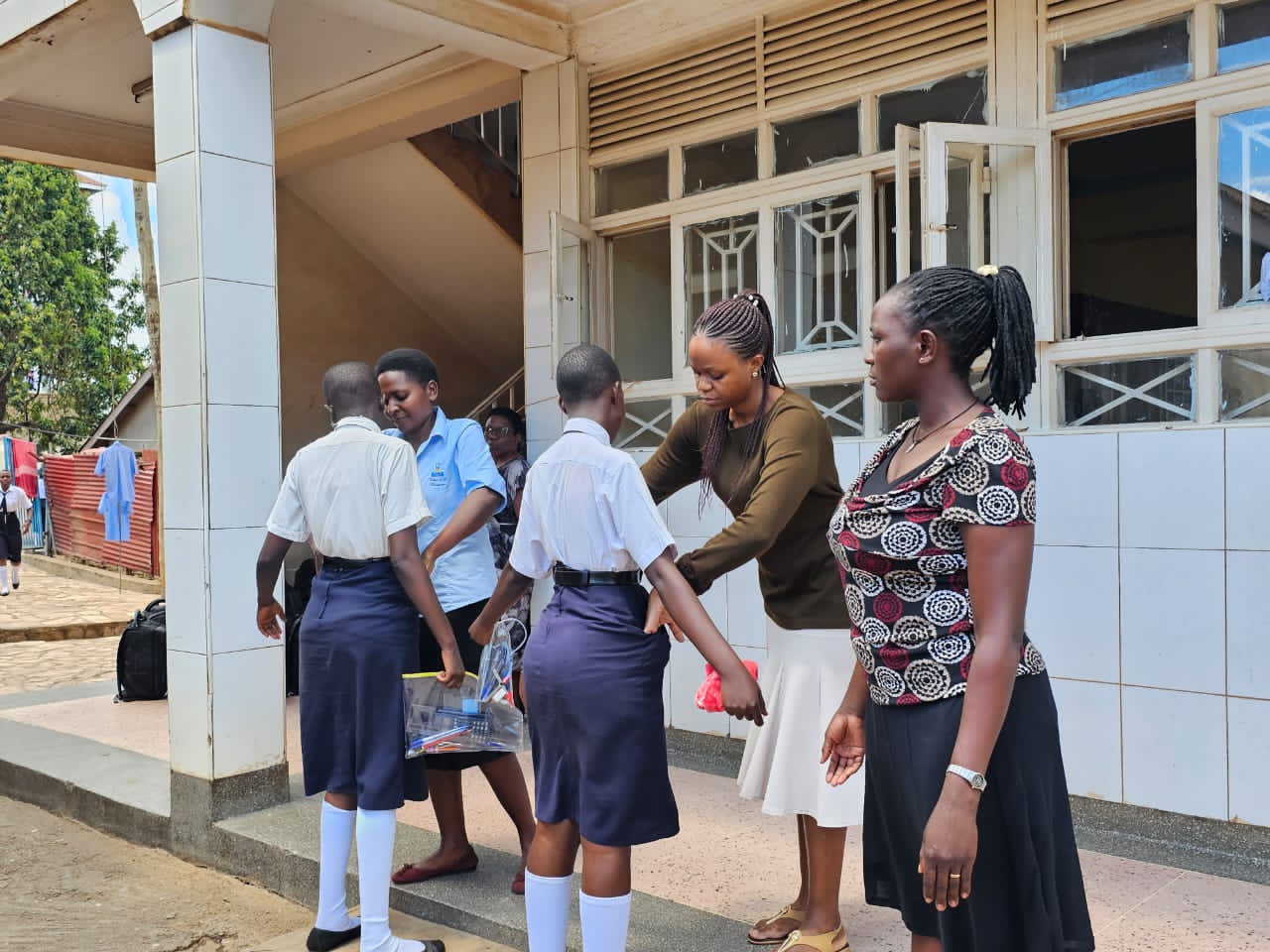Hospitals in Northern Uganda are facing rampant power failures which is since the worrying health workers following the recent distribution and addition of the Covid-19 vaccines across the region. Reports have it that there has been a power failure and inadequate distribution throughout the region.
Alluding to the fact that these vaccines require very low temperatures for storage, preferably refrigerators it becomes very worrying for the health workers. The instability of power has destroyed several equipment like refrigerators, scan machines at Gulu Regional Referral hospital and Aywee health Centre respectively among others.
Speaking to the lab technician at Aywee Health Centre, he told our reporter the difficulties they are facing with the uncertainties of power.
“It keeps going on and off like a disco light” says Mr. Tonny Elong, laboratory technician at Aywee health Centre. “This is our biggest problem. If I am not here and power is off for many hours, we are likely to lose the vaccines. This requires a timely response.” Mr Tonny added.
Uganda’s central storage facility in Kampala can only hold 5million doses of the Pfizer vaccines and johnson and johnson vaccines that require ultra-low temperatures and therefore, rural areas like Gulu aren’t well equipped to handle such shots for long.
Statistics of doses received
Gulu Regional Referral Hospital being the biggest brand together St. Mary’s hospital Lacor both received doses for Astra Zeneca and Moderna vaccines. Health centers like Aywee Health Centre III and Awach health center IV also received the two types of vaccine, whereas Layibi Techo health Centre III, Pabwo health Centre III, Cwero health Centre III, Angaya health Centre iii and Patiko health Centre III have all received only doses of the Moderna vaccines.
Gulu is home to more than 325,000 people and so far, has given out about 9,000doses, with only 2,795 people fully vaccinated as of September 23rd report by the ministry. This a big blow to the country’s goal of vaccinating at least 4.8million of her vulnerable population.
By Daniel Olara









